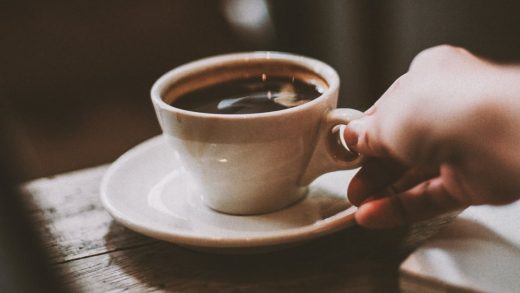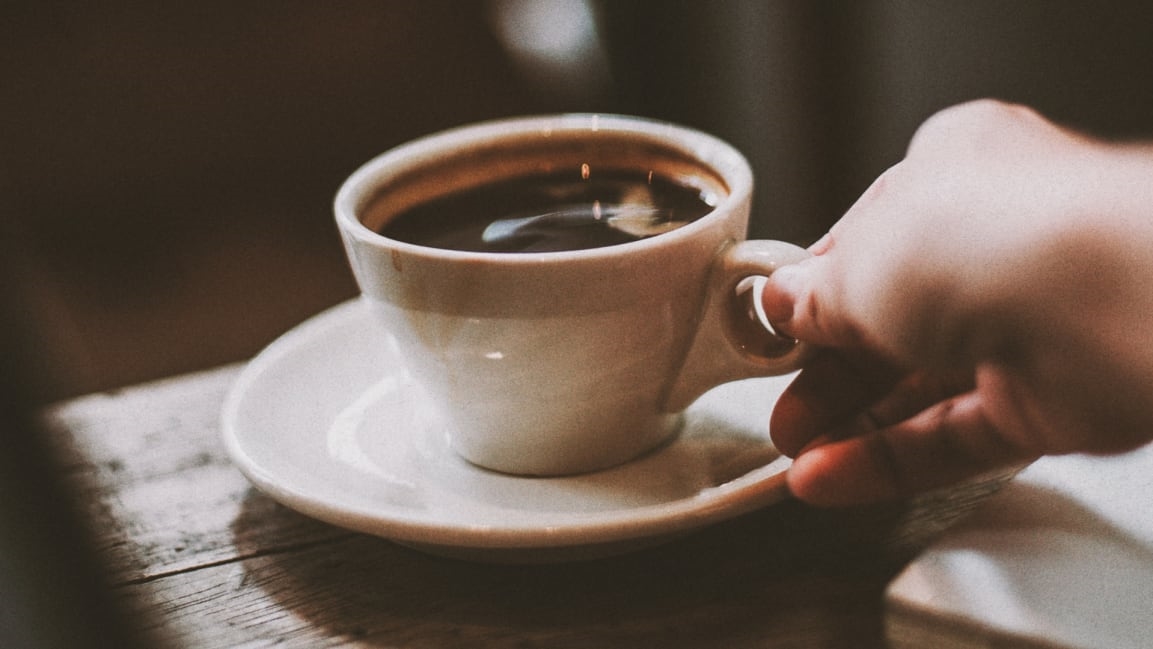Caffeine is less effective than you thought, and it doesn’t improve this 1 important function
Next time you tell yourself it’s okay to stay up late because caffeine will power you through tomorrow, think again: A new study in the Journal of Experimental Psychology suggests that caffeine is significantly less helpful than you’ve been led to believe.
The study asked 276 participants to complete two tasks following a night of low sleep. The first task, pressing a button each time a light came on, required simple attention, while the second activity required cognitive “place holding” to complete differing tasks in an order, without skipping. “We found that sleep deprivation impaired performance on both types of tasks,” says Michigan State University associate professor Kimberly Fenn, the lead author.
Caffeine did improve sleep-impaired performance on the easy task, but caffeine had minimal effect on the more complicated task. Conclusion: Caffeine does not compensate for the ill effects of sleep impairment on cognition, though it does help you remain awake and attentive. The bar for “attentive” is low, just noticing a light going on and off directly in front of your face.
The study is significant for people who perform procedural tasks at work, such as surgeons, pilots, and first responders, indicating that sleep is essential to avoid errors.
Note that participants were given 200 mg horse pills of caffeine, which is a lot. (A typical cup of coffee is 100 mg.) “Although people may feel as if they can combat sleep deprivation with caffeine, their performance on higher-level tasks will likely still be impaired. This is one of the reasons why sleep deprivation can be so dangerous,” says Fenn.
(28)



